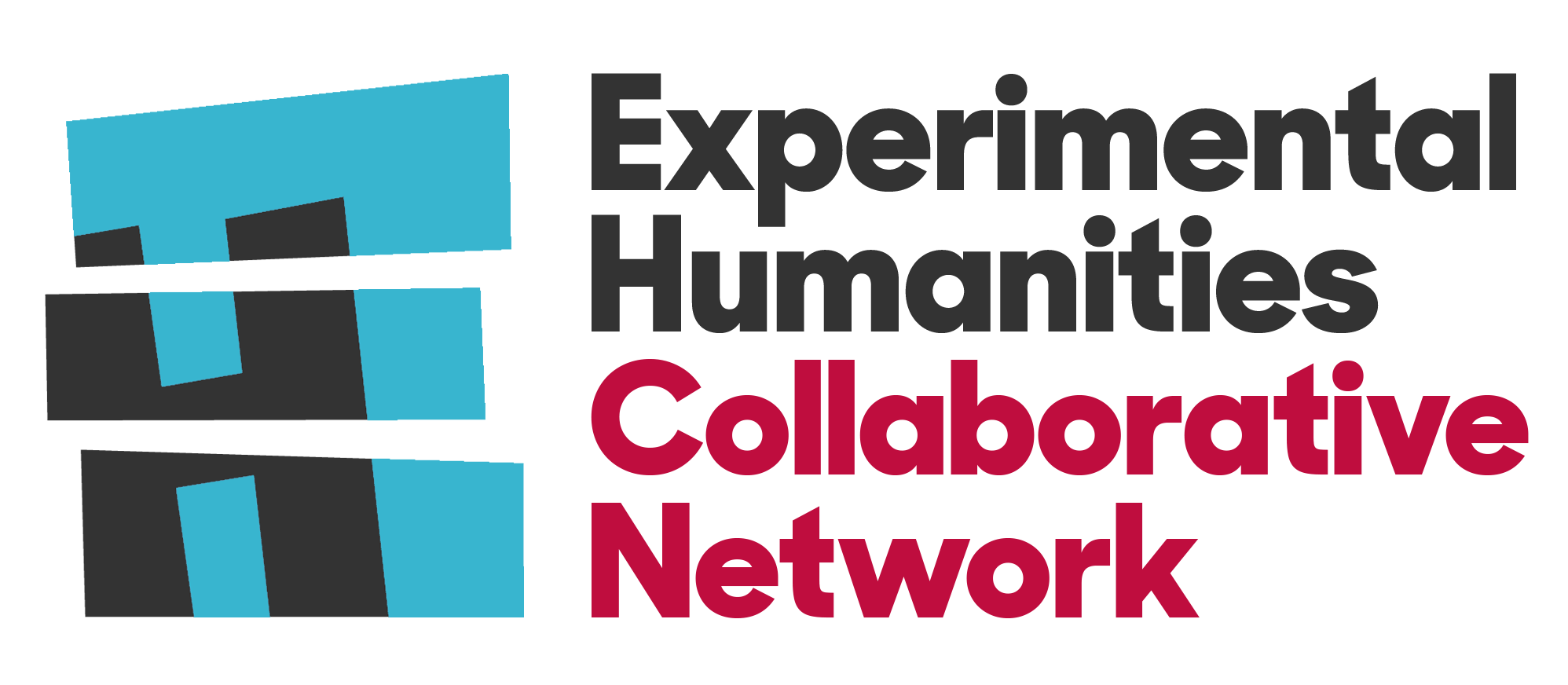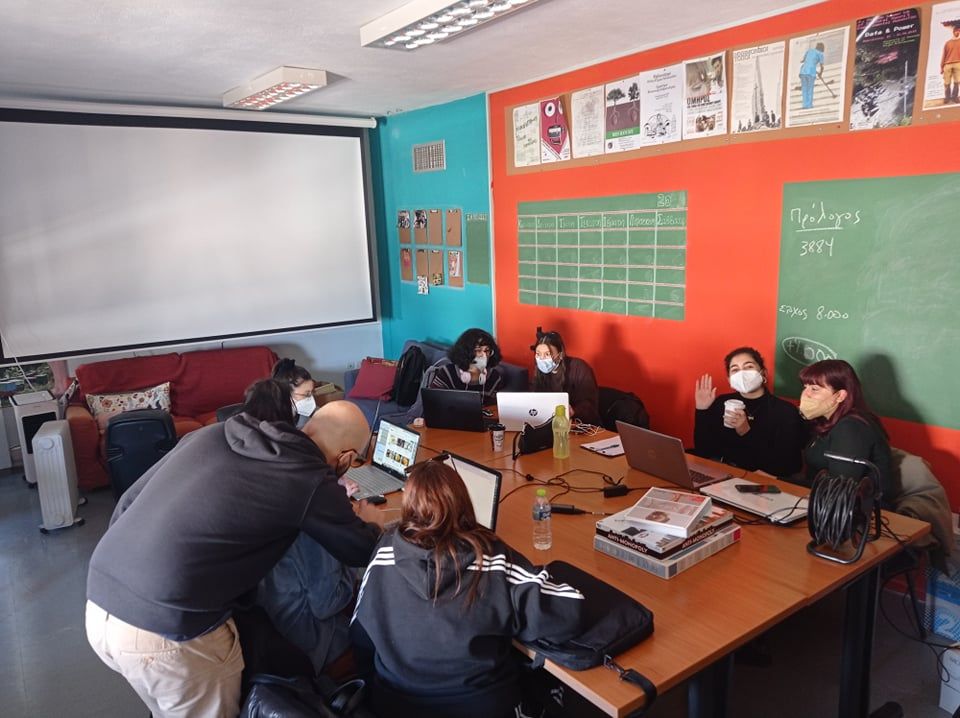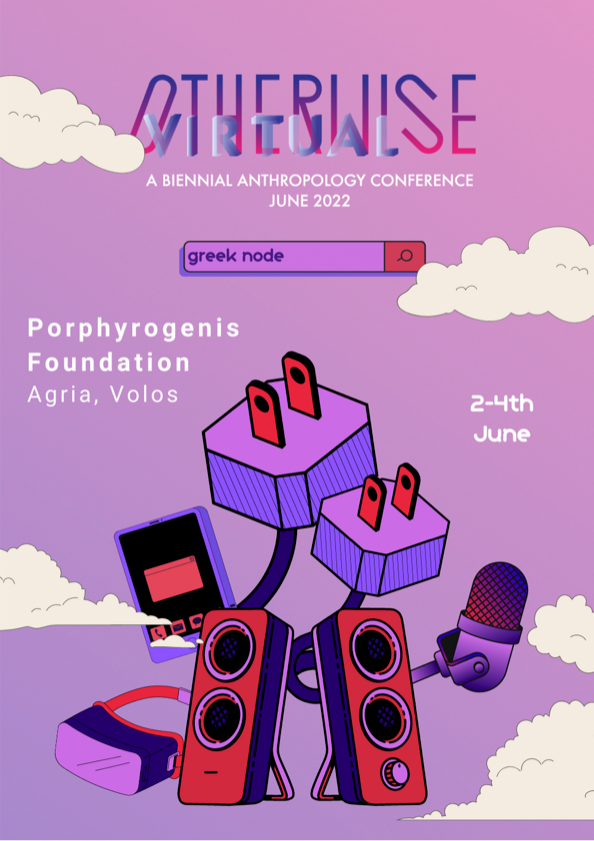Welcome to The Experimental Humanities Collaborative Network
Digital Storytelling and Multimodal Anthropology
This class examined transformations in the way we narrate stories in the digital context. Rather than the "end of narrative,” the dominance of the database, algorithms and platforms seems to have ushered in a new cultural logic of storytelling. The explosion in the production of user-generated content and the possibilities for the recombination of audiovisual elements has led to the creation of countless micro-narratives that are shared within - and as - a network. These practices have shattered basic concepts - like creator, work, public, art – developed in relation to literary and filmic narratives of the 20th century.
The aim of this particular class was to take stock of these developments both as a social phenomenon and as catalysts for us - as creators of narratives of the social. In other words: instead of denigrating new forms of digital storytelling as the "demise" of contemporary culture, we will try to take inspiration to develop ways to communicate our ideas and research in anthropology differently. We will consider, furthermore, if these narrative experiments can contribute to the development of a program of public anthropology and of experimental humanities.
This course had a laboratory format, combining theoretical discussion with hands-on exercises (tiktok ethnography, podcasts, desktop cinema) while working to cultivate a collaborative ethos among us. Students will learn basic technical skills of working with audiovisual material (recording, montage, storyboard).
Invited speakers specializing in cultural critique and cultural production related to new media shared their work throughout the course.
All the students participated in small groups which created multimedia works that were screened and presented in the context of the international anthropological conference The Virtual, Otherwise, 2-4 June.
Associate Professor Penelope Papailias, University of Thessaly



